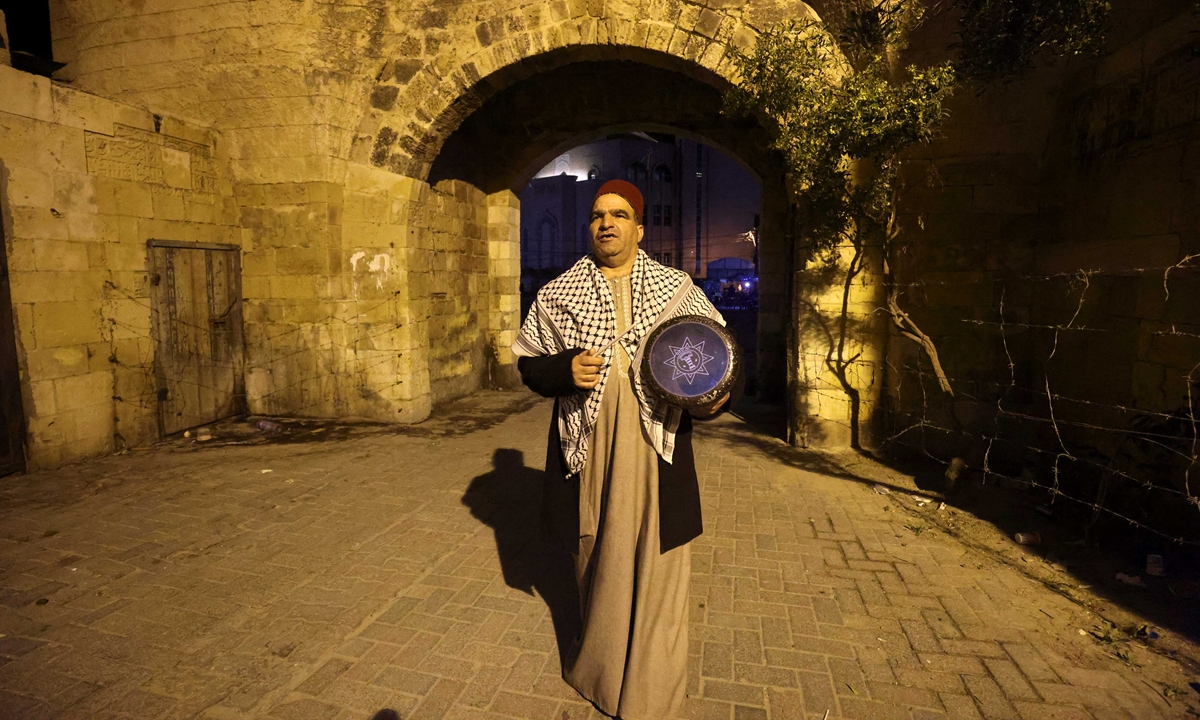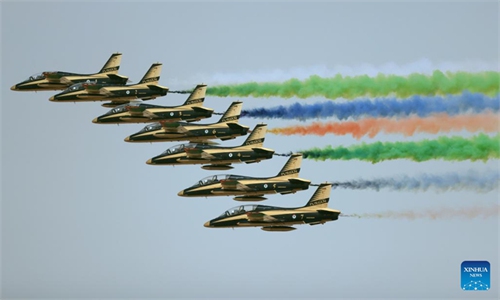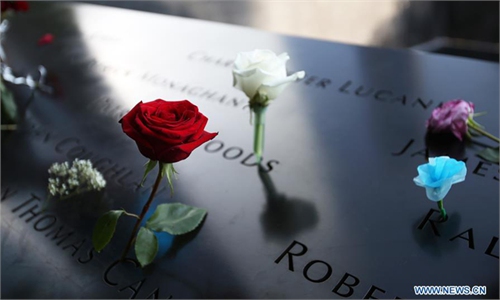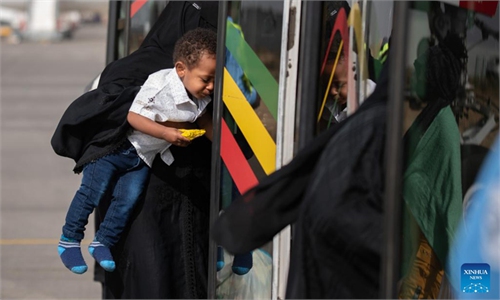
Fifty-year-old Nizar al-Dabbas, a "Musaharati" who plays the traditional role of "Ramadan drummer," awakens Muslims for the pre-dawn traditional "suhur" meal before the start of the following day's fast, during the holy month of Ramadan in Khan Yunis in the southern Gaza Strip early on April 5, 2022. Photo: AFP
Saudi Arabia said Saturday it would permit 1 million Muslims from inside and outside the country to participate in 2022's hajj, a sharp increase after pandemic restrictions forced two years of drastically pared-down pilgrimages.The move, while falling short of reinstating normal hajj conditions, offered hopeful news for many Muslims outside the kingdom who have been barred from making the trip since 2019.
One of the five pillars of Islam, the hajj must be undertaken by all Muslims who have the means at least once in their lives. Usually one of the world's largest religious gatherings, about 2.5 million people took part in 2019.
But after the onset of the coronavirus pandemic in 2020, Saudi authorities allowed only 1,000 pilgrims to take part.
The following year, they increased the total to 60,000 fully vaccinated Saudi citizens and residents chosen through a lottery.
In 2022, the Saudi hajj ministry "has authorized one million pilgrims, both foreign and domestic, to perform the hajj," it said in a pre-dawn statement Saturday.
The pilgrimage, which will take place in July, will be limited to vaccinated Muslims under age 65, the statement said.
Those coming from outside Saudi Arabia, who must apply for hajj visas, will also be required in 2022 to submit a negative COVID-19 PCR result from a test taken within 72 hours of travel.?
The government wants to promote pilgrims' safety "while ensuring that the maximum number of Muslims worldwide can perform the hajj," the statement said.
In early March it announced the lifting of most COVID-19 restrictions including social distancing in public spaces and quarantine for vaccinated arrivals.
The decision included suspending "social distancing measures in all open and closed places" including mosques. Masks are now only required in closed spaces.



